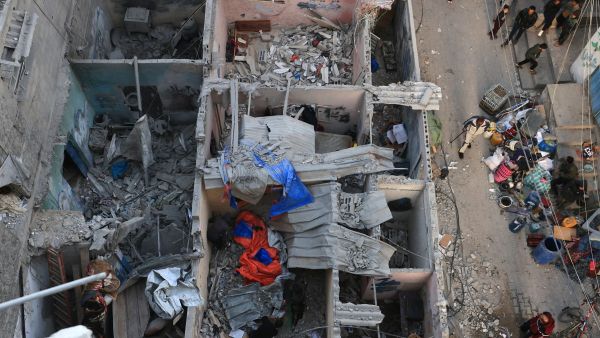ALBAWABA In a recent report, The Guardian newspaper highlighted a study revealing that the environmental impact of Israel's war in Gaza extends far beyond the immediate conflict.
The study, conducted by researchers in the United Kingdom and the United States, sheds light on the substantial contribution of emissions from the conflict to climate change.
The initial months of the Gaza war resulted in the release of greenhouse gases in quantities surpassing the annual emissions of 20 countries highly susceptible to climate change.
The study emphasized that the emissions causing the greenhouse effect during the first two months of the conflict exceeded the annual carbon footprint of over 20 nations most exposed to the effects of climate change.
The unprecedented study, focusing on the period following October 7th, revealed that 99% of an estimated 281,000 metric tons of carbon dioxide were emitted within the first 60 days. This emission surge was attributed to Israeli airstrikes and the ground invasion of Gaza.
Furthermore, the study underscored the staggering climate cost incurred during the initial 60 days of the Israeli military response, equating it to burning a minimum of 150,000 tons of coal.
The research encompassed carbon dioxide emissions resulting from various military operations, including those conducted by aircraft, tanks, and other vehicles, as well as emissions from bomb-making, artillery, and missiles.








